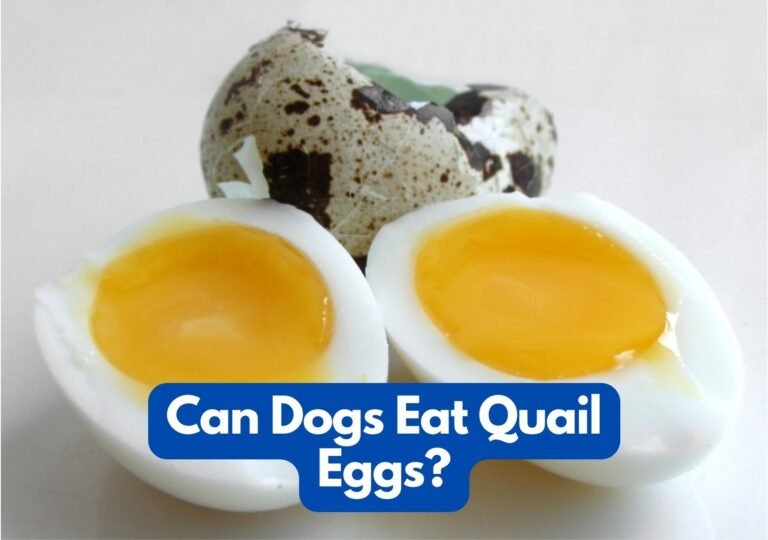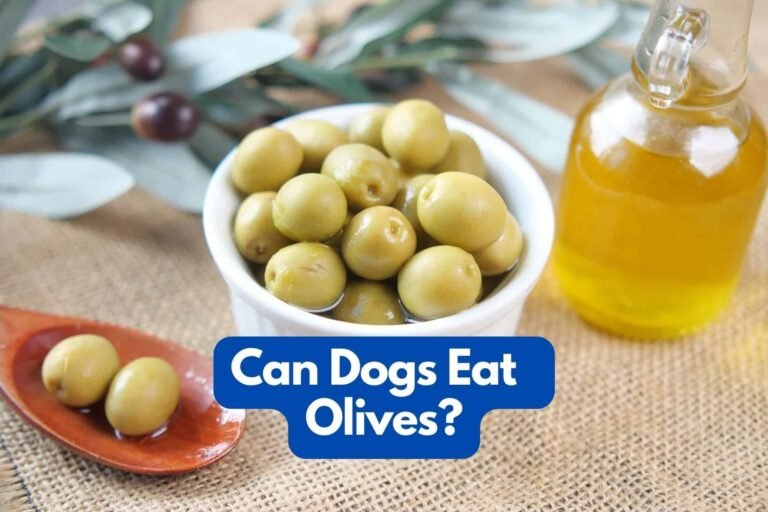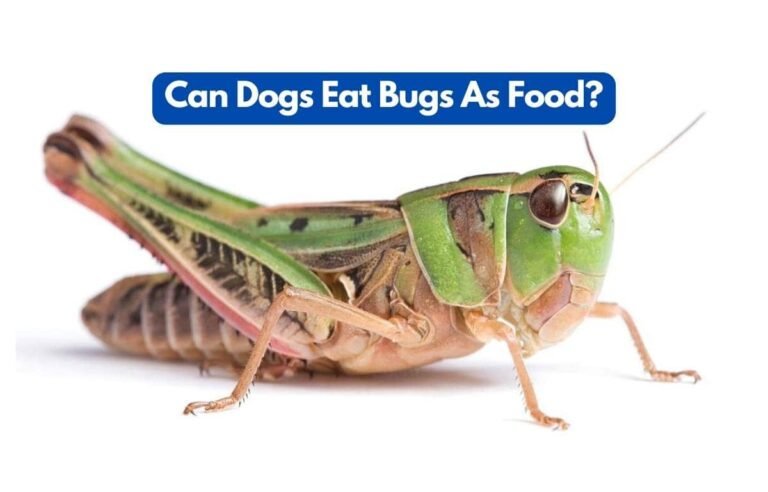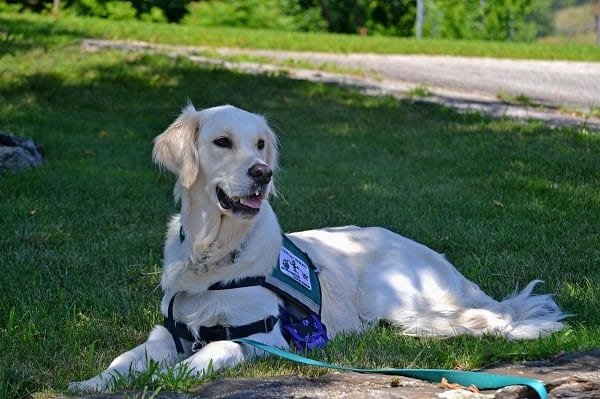Can Dogs Eat Cheetos? Don’t Risk It – Discover the Power of Safe Snacking!
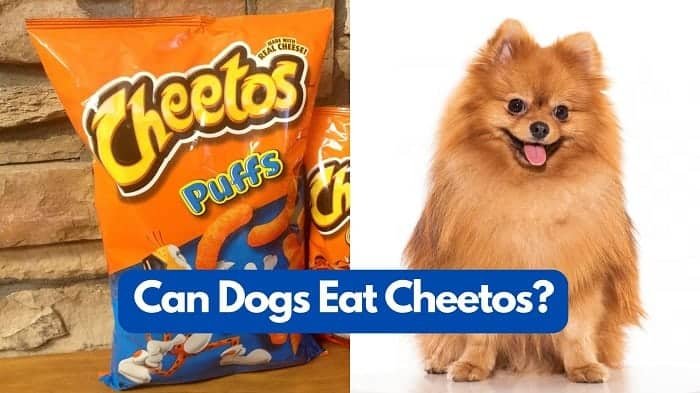
If you love to give your dogs treats every time, I am sure you only want to give them treats that are healthy for them. While Cheetos is a nice snack for humans to have once in a while, can dogs eat Cheetos without any harm? Should you be worried if your dogs ate a little or plenty of Cheetos?
In this guide, you will find answers to the questions above and many more questions about dogs eating Cheetos and cheese puffs.
But, first thing first…
Can Dogs Eat Cheetos? Is Cheetos Safe or Dangerous for Dogs?
The answer is “Yes, dogs can eat Cheetos.” But while dogs can eat a few puffs without harm, eating too many Cheetos is not good. In fact, you must deliberately keep Cheetos away from your dogs so they don’t get access to eat too much of them.
It is not like Cheetos are very toxic per se, but because some flavors of Cheetos contain ingredients like garlic and onions which are not so great for your dogs.
The best type of Cheetos that your dog can eat a little and not get a stomach upset or feel sick is the plain crunchy Cheetos. That’s because crunchy Cheetos contain fewer of those ingredients that can cause your dog discomfort.
Also, if you must give your dogs Cheetos as a treat, it must occasionally be and not as part of their daily meal.
Also, see this article; Can Dogs Eat Cheez-It? How Safe Is It For Dogs?
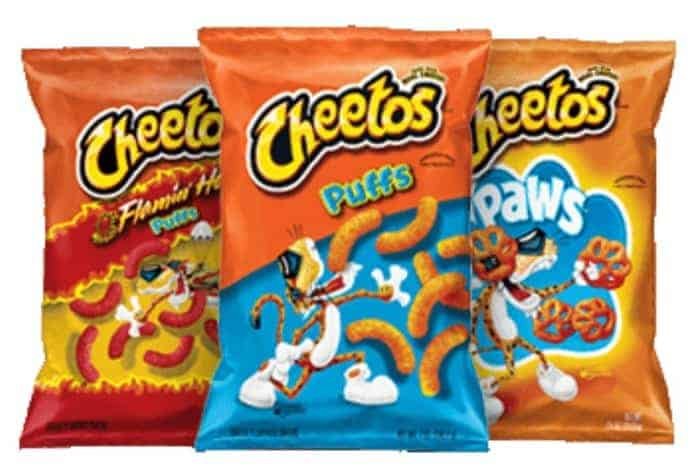
What Happens to Your Dog If They Eat Cheetos? Can Cheetos Kill Dogs?
If your dog eats a few puffs of Cheetos, it will likely not cause any harm to the dog. However, if your dog continues to eat Cheetos consistently, it might result in sodium ion poisoning, vomiting, fever, diarrhea, and/or seizures. Also, the excessive salt accumulation from eating too many Cheetos could be fatal, resulting in heart failure or even the death of your dog.
Cheetos contains Monosodium Glutamate (MSG) and according to the National Institutes of Health (NIH), the toxic effects of MSG on humans include CNS disorder, obesity, disruptions in adipose tissue physiology, hepatic damage, CRS, and reproductive malfunctions. If MSG has all these side effects on humans, imagine how much damage this can cause to your lovely dogs.
Now, let’s examine the ingredients in some of the Cheetos products to know how safe they are for your pups.
What Are the Ingredients in Cheetos? Are They Harmful to Dogs?
Fun fact, the first Cheetos product ever released was Crunchy Cheetos in 1948. A deeper look into the ingredients of this Cheetos flavor will help us to know their effect on dogs. While there are many different flavors of Cheetos in the market, almost all of them make use of the same base ingredients with a few tweaks.
Crunchy Cheetos contains Enriched Corn Meal, which is basically a corn meal with additional vitamins. Then, we have Cheese Seasoning, Canola Oil, Maltodextrin [Made from Corn], Natural and Artificial Flavors, Whey Protein Concentrate, Monosodium Glutamate, Lactic Acid, Citric Acid, Artificial Color [Yellow 6]), and Salt.
While some of these Cheetos ingredients have intimidating names, they actually provide little to no nutritional benefit for your dogs. Also, your dogs will not immediately need to see a vet if they eat a few crumbs. However, too many Cheetos over a long period of time could lead to obesity, diabetes, or heart disease. That’s because Cheetos are high in carbs, fat, and sodium which are not great for your dogs.
Also, read this; Can Dogs Eat Butter? | How Bad is it?
Can Dogs Eat Cheese Puffs Every Day?
The answer is no, dogs cannot eat cheese puffs every day. Even though your dogs may not need emergency treatment after eating one or two cheese puffs, eating too many cheese puffs is not healthy for them.
The reason is that cheese puffs contain high amounts of salt and Monosodium Glutamate (MSG) which are potentially harmful to dogs.
When your dogs eat too much salty food, they can become seriously thirsty and this may lead to sodium ion poisoning. Some of the symptoms of eating too much salt include vomiting, diarrhea, depression, tremors, high temperature, and seizures. It may even cause death.
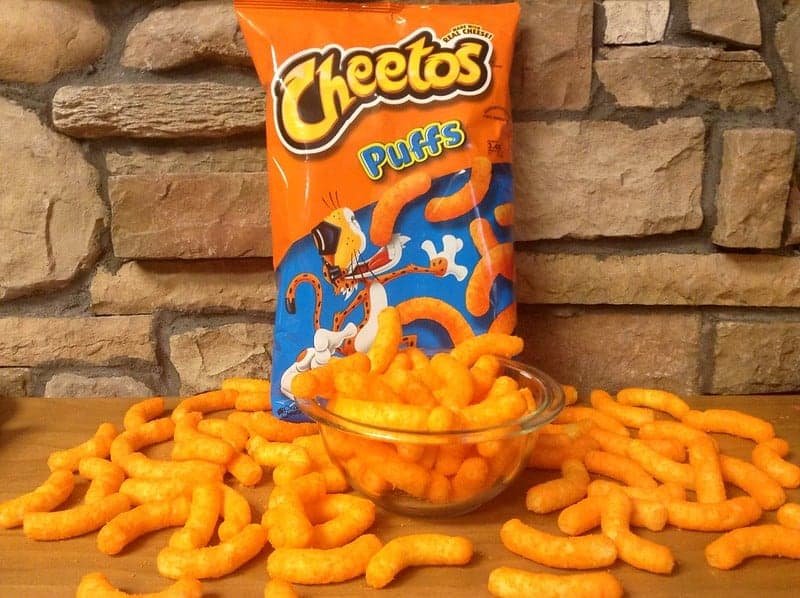
Can Dogs Eat Cheese Balls?
Yes, dogs can eat cheese balls, but cheese balls are not healthy for your dogs. Hence they can only eat cheese balls in moderation.
Cheese balls contain plenty of lactose, preservatives, fat, salt, and sodium which can lead to different health issues for your dogs.
Can Dogs Eat Baked Cheetos?
Baked Cheetos contains about 50% less fat than regular Cheetos and it is boldly labeled on the pack, however, it is still not healthy for your dogs.
They are high in salt and MSG which can be harmful to your pups. They also contain a lot of milk ingredients, which when eaten too much can cause diarrhea, vomiting, and loose stools.
So, if you want to give your dogs a treat, then it is best to stick to treats that are specifically formulated for dogs.
Can Dogs Eat Cheetos Popcorn?
It is safe to feed your dogs air-popped popcorn with zero flavors and less cheese, but Cheetos popcorn is not good for dogs. The reason is that Cheetos popcorn contains cheese flavor, whey proteins, MSG, and salt.
These ingredients are not safe for your pups to take in large quantities. Hence, you need to avoid overfeeding Cheetos popcorn to your dog to prevent any health complications.
Can Dogs Eat Flamin’ Hot Cheetos?
Don’t feed your dogs Flamin’ Hot Cheetos because they contain potentially dangerous ingredients like onion powder and garlic powder. However, your dog would likely have to eat a lot of Cheetos to notice any adverse effects from this snack food.
Also, they contain enriched corn meal with a lot of added vegetable oils like canola, corn, and sunflower oil.
Eating too many of these ingredients can impact your dog’s digestive system negatively.
Can Dogs Eat Cheetos “Fantastix” Cheetos?
The answer is an absolute No, your dogs should not eat Cheetos Fantastix. The reason is that Cheetos Fantastix contains garlic and onion powder which are toxic for dogs. Garlic, onions, and other members of the allium family contain thiosulfate, which is toxic to dogs but not to humans.
Too much garlic can damage the red blood cells of dogs and result in other illnesses. Hence, you must not overfeed your dogs with Cheetos Fantastix to prevent that from happening.
Can Dogs Eat Cheetos Mac’N Cheese?
Cheetos Mac’N Cheese is not safe for dogs because it contains a lot of cheese. Generally, macaroni and cheese can cause your dogs to have digestive issues. Therefore, you must save your dogs from the impending danger of eating too much Cheetos Mac’N Cheese.
What Should You Do If Your Dogs Eat Cheetos?
Eating small amounts of Cheetos may not result in any serious complications for your dogs. However, if they eat too many Cheetos, the first aid to offer is to give them a lot of water to drink. The reason is that Cheetos contains a lot of salt and dry ingredients which can cause your furry friend to become very thirsty.
Also, monitor your dogs closely in case their show any sign that needs the immediate attention of a vet.
Some ingredients like cheese, cornmeal, and milk can cause your dogs to have stomach upset within 24-48 hours, and ingredients like onion and garlic powder may take a while to manifest. So, you must continue to watch them for about a week or two.
Healthy Alternatives to Cheetos: The Best Snacks for Your Furry Friend
The best snacks to give your pups other than Cheetos include apples (no stems, seeds, or cores), blueberries, carrots, and cooked peas.
Also, you can give your dogs cooked green beans, bananas, watermelon, cooked/baked sweet potatoes, broccoli, strawberries, and cooked squash.
Conclusion
While eating small amounts of Cheetos is not toxic to dogs, they are not a safe or healthy snack option.
As a responsible dog owner, it’s important to provide your furry friend with a healthy balanced diet. Also, ensure that you only choose snacks that are beneficial to their health.
So, the next time you reach for a bag of Cheetos, think twice before sharing it with your lovely dogs.
More Resources About Dog Food
Here are some more resources that will guide you on what to and what not to feed your dogs.

